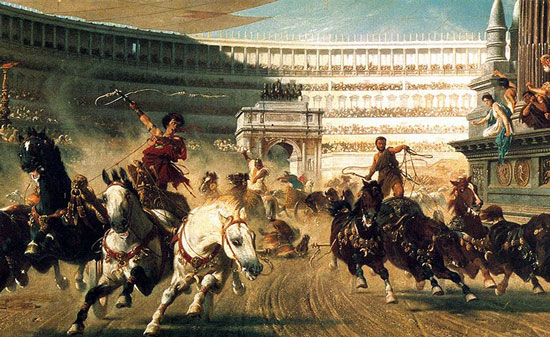A few days ago, after hearing a very distressing bit of social news, I found myself saying, “I don’t want to be here anymore.” It was a voice of despair and sadness. The occasion had been a public altercation in which a stranger spat at a woman. It was the sort of thing that belongs among the lowest of human actions. But it happened.
My topic is my own reaction. I found my mind tossed about, looking for comfort or escape. At the end of the day, I shared my thoughts with my wife and said aloud, “I don’t want to be here anymore.” I was taken aback by my own words. The goodness of creation had disappeared in a dark act of senseless anger.
My distress was also a cry for something better, to be free of the darkness. The truth is that the darkness was slowly drawing me down. Our social strain is manifesting itself in many ways, many of them revealing the profound disease that underlies our culture. And this is nothing new.
In 532 A.D., in Constantinople, over the course of a week, large parts of the city were destroyed by rioting and fires (including an earlier Church of Hagia Sophia). This was in the early years of Justinian the Great’s reign. To read the story of this event is to enter a part of Byzantine culture often overlooked or ignored (particularly by the Orthodox). The city had deep divisions between two semi-political sports-factions, the Blues and the Greens. Sports riots were quite common. The factions also had connections to various nobles and senators with designs on the empire. Justinian was at a low point in popularity.
The riots began in the Hippodrome, following the 22nd chariot race of the day. The palace was placed under siege, and the rioters set fires. Justinian thought to flee, but his wife, Theodora, talked him out of it and encouraged him to fight it out. I think Justinian was at a point of, “I don’t want to be here anymore.”
With a bit of intrigue and a massive show of brute force, Justinian brought the city under control. The massacre that ended the riots is said to have resulted in over 30,000 deaths. Later that same year, construction began on the present Church of Hagia Sophia. Five years later, with its completion, as well as numerous other projects, Justinian had transformed the city towards the glory that would make it renowned throughout the world.
This story could be matched repeatedly by various chapters in the history of the faith. Both Justinian and Theodora are saints of the Church. Justinian began as a peasant from the Balkans, Theodora as an actress and a prostitute. The riots of Constantinople (and elsewhere) were, as often as not, engendered by theological disputes as well as by politics and chariot races. The full account of Christian history is messy and marked as much by darkness as by light.
Nevertheless, “the Light shines in the darkness and the darkness does not overcome it.” During the period of time of the Nika riots, Mary of Egypt was newly reposed; Benedict of Nursia was writing his Rule; Isaac of Syria was composing his hymns; Brendan the Navigator was crossing the Atlantic; Romanus the Melodist was composing his Akathist hymn; Sabbas the Sanctified was founding the monastery of the Lavra outside of Jerusalem; Columba of Iona was evangelizing Scotland, and, doubtless, thousands of other unknown souls sustained the universe with their prayers.
Our time is no different. The glories of Byzantium contained disgusting seasons of hatred, lust, and destruction. The darkness of our time contains the brightness of good souls whose deeds are known only to God and whose prayers keep modernity at bay and secretly fight the hidden Mystery of Iniquity. Despair comes when we look at the dark and forget the light.
This is the great battle that rages in our day. It is precisely the same battle that raged in the time of Justinian (one and the same battle). Whatever might seem of importance is but a shadow cast by the darkness. Then, it was Blues versus Greens; now, it is Reds versus Blues. Their champions are forgotten as are their causes. Our champions will be swept away into the dustbin of history along with their urgencies. Justinian is not remembered for the riots but for a Church. And even so, many do not recall his name. Some do not know the Church. But Holy Wisdom, in whose honor the Church is named, continues to frame and sustain the universe, sweeping away the meaningless dust of the darkness while building on the foundation of light.
It is good to be here.















